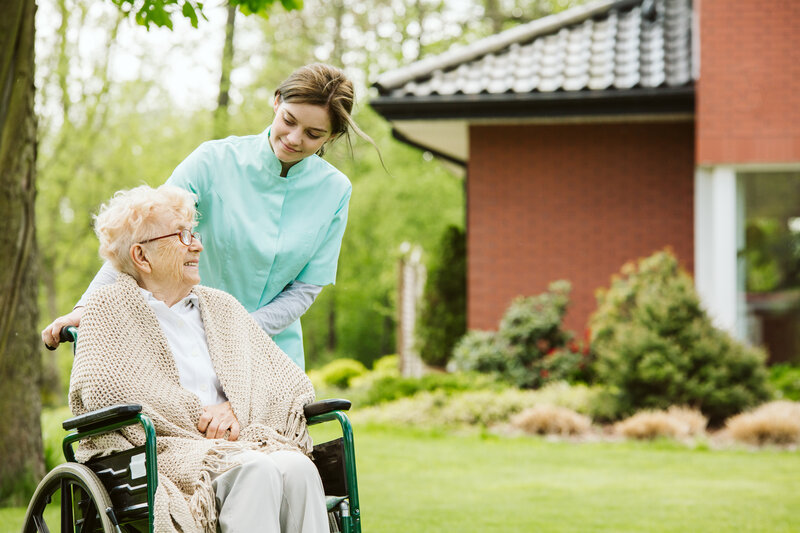Recognize & Prevent Caregiver Fatigue And Burnout

Caregiving for a spouse, parent, or close family member is a noble job – and it’s also an exhausting one. Those who serve as primary family caregivers are at risk for caregiver fatigue, which leads to burnout.
In addition to compromising your own health and well-being, caregiver fatigue and burnout compromise the level of care your loved one receives. You simply cannot provide patient, unending care around the clock if you aren’t taking care of yourself.